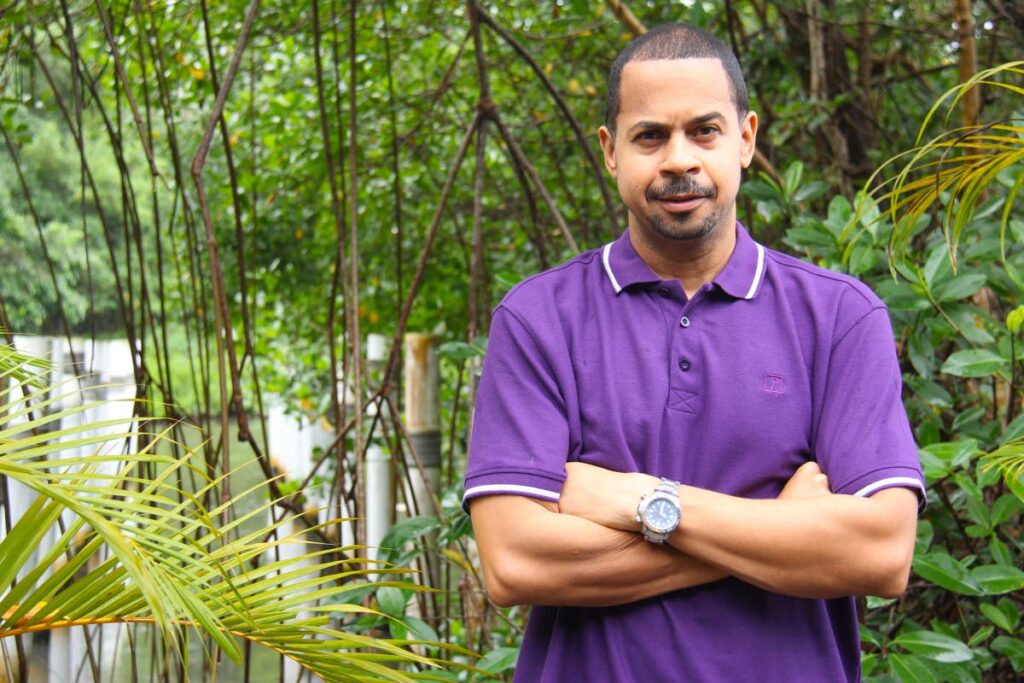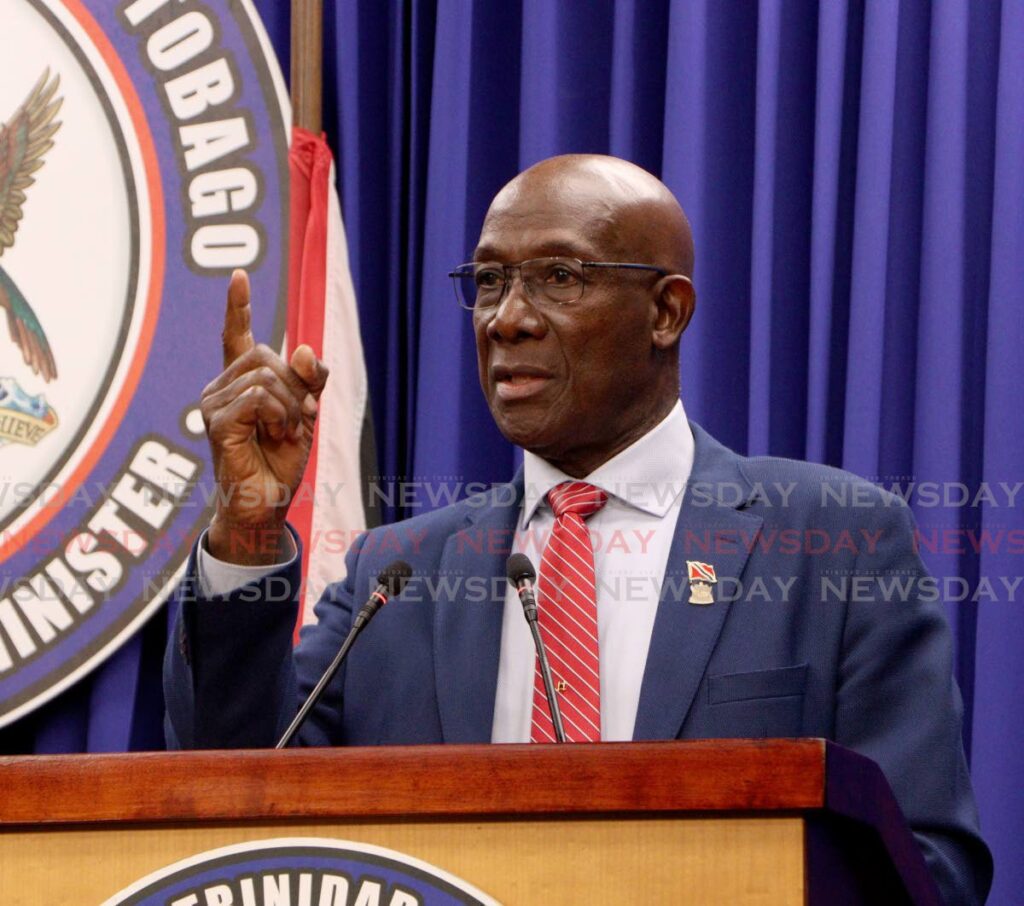EU, partners champion human-centric digitalisation in Latin America, Caribbean
Written by Newsday on November 1, 2024

JUTTA URPILAINEN
EVEN IF WE accept that technologies are neutral tools, deploying them in the real world always involves values and interests, sometimes competing. One of the most contested sectors is without a doubt digital infrastructure, a sector that has the potential to empower people, but also to oppress, exacerbate security risks and increase inequalities.
We must be proactive in ensuring that digitalisation upholds human rights and brings benefits to all, not just the few. In Latin America and the Caribbean, the European Union is doing pioneering work with partners for just such a human-centric digital future.
The EU’s approach derives from the European Declaration on Digital Rights and Principles, which places human rights at the centre of digital transformations. In recent years, we have adopted Europe-wide legislation laying down rules for data governance, digital markets, digital services and artificial intelligence (AI). We strongly support a human rights-centred approach also at the international level, as for the Global Digital Compact, adopted at the UN Summit of the Future in September.
The digital transition is one of the main drivers of economic growth. Digital technologies can be used to connect communities, bring about economic opportunities, and improve access to basic services like education and healthcare.
Yet today these promises of digitalisation remain unfulfilled for many: globally, approximately 2.6 billion people lack access to the internet. If this is not addressed, digital development risks becoming another enduring source of inequality. Investment in connectivity is clearly needed to narrow the gap and achieve the Sustainable Development Goals.
Through the launch of the EU-LAC Digital Alliance in 2023, the EU embarked on a remarkable journey with our partners in Latin America and the Caribbean. This pioneering initiative is our first bi-regional digital partnership and testament to our shared commitment to a human-centric digital future.
Through the EU Global Gateway investment strategy, we stimulate public and private investments and bring on board European companies, while jointly developing sustainable regulatory frameworks and joining forces to champion a rules-based international order. Our holistic approach also covers digital public services and digital skills.
The alliance has already yielded significant results that illustrate its potential. At the EU-CELAC Summit in July 2023, we adopted a joint declaration with leaders from 20 LAC countries, setting forth our vision for co-operation across vital digital sectors. Since then, the EU has co-organised six bi-regional digital policy dialogues together with Colombia, the Dominican Republic, Costa Rica, Uruguay and Chile, gathering more than 800 policymakers, private sector and civil society representatives.
We have laid the groundwork for strengthened cybersecurity resilience, improved e-government services and interoperability, better data governance, and more secure connectivity and AI systems. We have launched a tailor-made Global Gateway digital economy package with Colombia, while the Digital for Development Hub enhances collaboration between EU member states and partner countries.
The pinnacle of our digital partnership with the region to date is the BELLA cable programme and the first submarine fibre-optic cable between our two regions. BELLA has been pivotal in expanding connectivity and reducing the digital divide by establishing secure regional networks for more than 12,000 research and education institutions across Brazil, Argentina, Chile, Ecuador and Panama.
We have also established two regional Copernicus centres for tailored earth observation services and training, and a digital accelerator, bringing together start-ups and established businesses from both regions to stimulate innovation and entrepreneurship. This platform has facilitated 50 joint ventures, demonstrating the tangible benefits of our partnership.
Looking ahead, we remain committed to working for an inclusive and sustainable digital transformation. The EU-LAC Digital Alliance is not just about technology; it is about people – our citizens, who will benefit from better services, enhanced connectivity, and greater opportunities.
As we prepare for the next EU-CELAC Summit in 2025, I am filled with optimism about what we can achieve together. The journey has only just begun, and I invite all stakeholders – governments, businesses, academia, and civil society – to join us in this transformative endeavour.
Jutta Urpilainen is the EU Commissioner for International Partnerships
The post EU, partners champion human-centric digitalisation in Latin America, Caribbean appeared first on Trinidad and Tobago Newsday.




